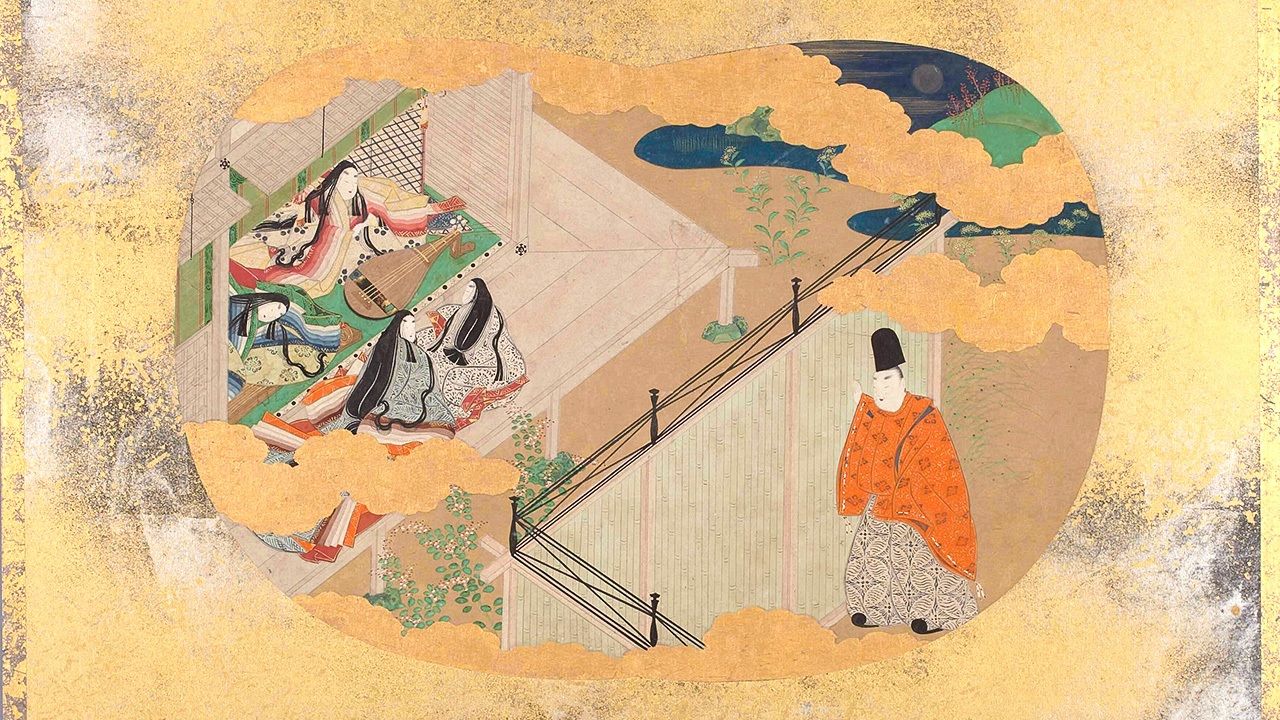In the 1,300-year history of Japanese literature, The Tale of Genji stands out as a seminal, quintessential work, and it has become a part of the lives of the Japanese people.
It has had to show a tenacious ability to thrive, however. Usually dramatic changes to the environment bring extinction to lifeforms that are unable to adapt. The classic example is the dinosaurs. In the same way, works of literature that were considered the cultural pinnacle of their time may rapidly fall out of fashion in the succeeding era as societal values and political and economic systems undergo major transformation.
Created at the height of aristocratic political dominance at the turn of the eleventh century, when there was still no developed monetary economy, Genji has nonetheless found readers through years of peace and bloodshed, samurai rule and democracy, and capitalism and information technology.

The story’s secret to ongoing relevance lies in its many cultural “mutations.” Its text has remained the same, naturally, but readers’ desires and the messages they have sought to find in the work have changed with the ages. And Genji has always succeeded in conveying new messages through the fresh interpretations developed by its close scholars, thereby adapting itself to the upheavals of history.
read more here @ Nippon dot com

No comments:
Post a Comment